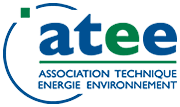Transport
Receive financial help for intermodal transport to France!
Did you know that you can benefit from financial help for the intermodal transport of goods to France?
France has a regulated scheme to financially support national transport companies in their efforts to decarbonise through intermodal transport.
This financing mechanism is also available to transport companies located in countries other than France!
Find out how Soberway Energy can help you finance your decarbonisation.
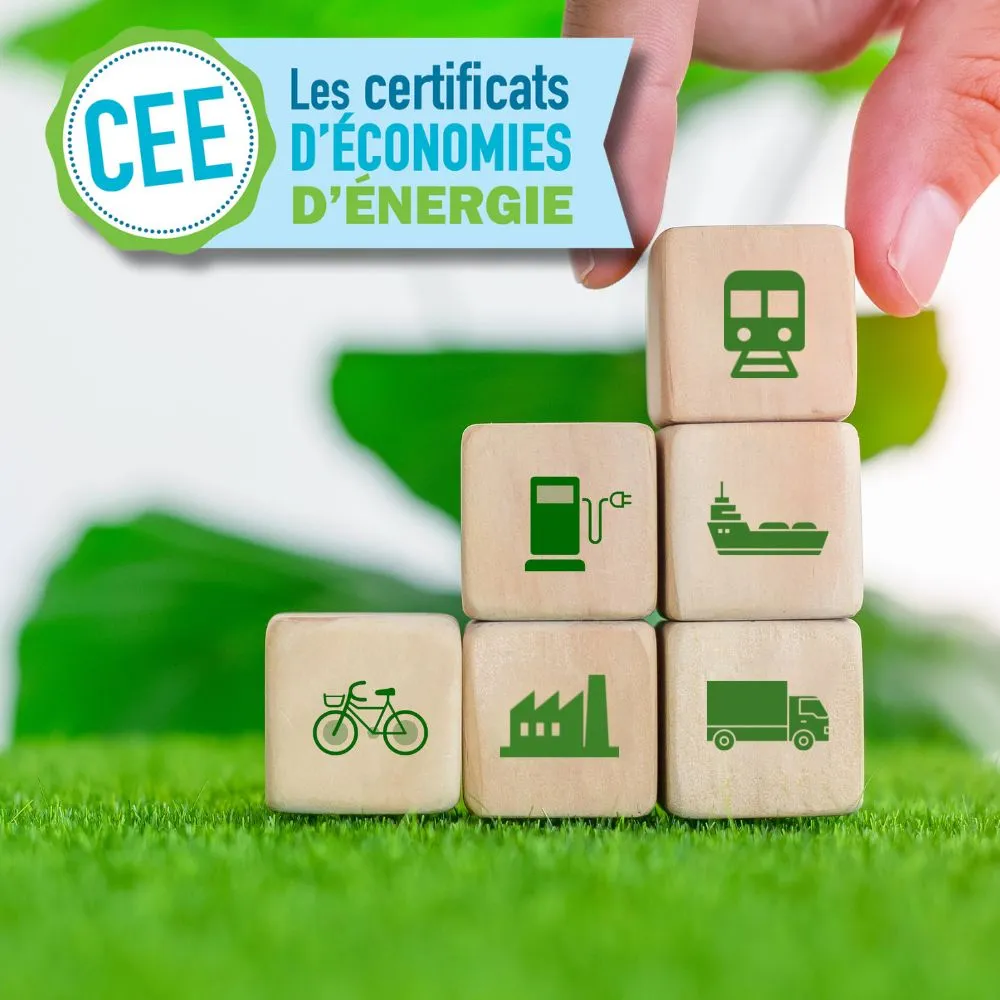
Understanding the French financial help system
Regulatory context
The mechanism known as the Energy savings Certificates (ESC) is a regulatory French system that was introduced by the Ministry of Ecology with the adoption of the Pope law (law no. 2005-781 of 13 July 2005 – articles 14 to 17), and helps France to comply with European Union directives on energy transition.
Under this scheme, French suppliers of fossil fuels (electricity, gas, fuel, etc.) are obliged to promote and finance energy-saving actions in a range of sectors through the payment of aid in the form of a bonus (sectors: transport, industry, tertiary, agriculture, residential and network).
In return, suppliers receive energy saving certificates corresponding to the quantities of energy saved through these actions.
To find out more about the scheme : https://www.ecologie.gouv.fr/politiques-publiques/dispositif-certificats-deconomies-denergie
The Transport sector :
For this sector, which emits the most CO2 in France (31%), the main objective is to encourage French transporters and operators to adopt more sustainable modes of transport by using intermodal transport.
Financial help covers equipment for intermodal rail/road or river/road transport.
Intermodal transport : Who is eligible for financial help from the French mechanism ?
Transport companies domiciled in France and carrying out intermodal freight transport between two terminals located in France or to a terminal in a border country (ex : Germany, Luxembourg, Belgium, Spain, Italy, etc.).
International transporters with goods flows to France are also eligible to financial help for intermodal transport, such as :
Transport companies not based in France, carrying out intermodal transport of goods to France from border terminals (ex : Germany, Luxembourg, Belgium, Spain, Italy, etc.)., or having a connection to an intermodal transport terminal in France and a final destination at a terminal in a border country.
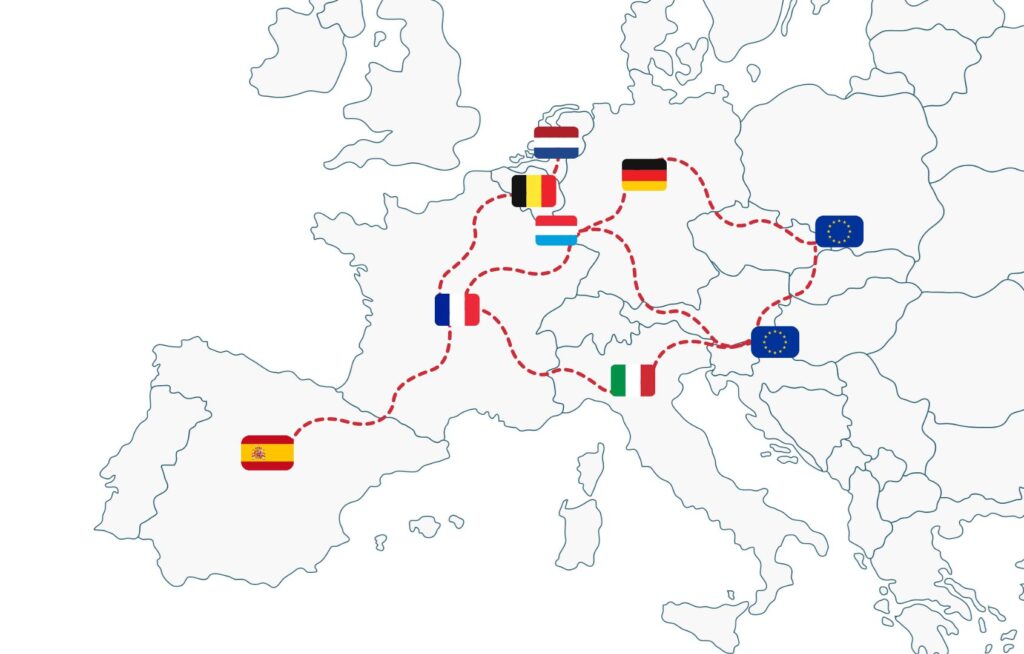
Examples of eligible international transporters :
- Road transport companies transporting goods to France and interested in investing in a fleet of semi-trailers for road-rail transport (example : P400).
- Transporters or rail operators with goods flows to France interested in acquiring or renewing their intermodal equipment such as for example wagons or swap bodies.
- Transporters of goods by river looking to acquire or renew intermodal equipment such as swap bodies or semi-trailers (20 to 45 feet) for river-road transport.
- Companies with a multimodal activity (example : maritime, rail and road) wishing to acquire or renew their intermodal equipment for rail/road like wagons, swap bodies.
Example of criteria for the acquisition of swap bodies or semi-trailers for intermodal rail/road transport
• Dimensions for eligible equipment: length ≥ 9m or < 9m with a TWL ≥ 30T, or length < 9m with a TWL< 30T.
• If you opt to lease the equipment, the minimum contractual term is 36 months.
The volume of energy savings generated by your transport plan will take into account:
• The number of items of equipment purchased or leased
• The number of trips made per piece of equipment
TWL = Total Weight Loaded
T= Tonnes
How can financial help be obtained for your equipment ?
To obtain financial help, your equipment investment project must first comply with the regulatory requirements defined in the scheme, and then compile a file containing all the supporting documents requested.
The amount of your financial help is determined by the volume of energy savings that your intermodal transport plan will generate and according to a fixed amount unique to the mechanism and expressed in ‘cumac’ kilowatt hours.
To find out more about the conditions for obtaining your financial aid, contact our experts. They will provide you with all the information you need and support you in carrying out your project.
What equipment is eligible for financial help?
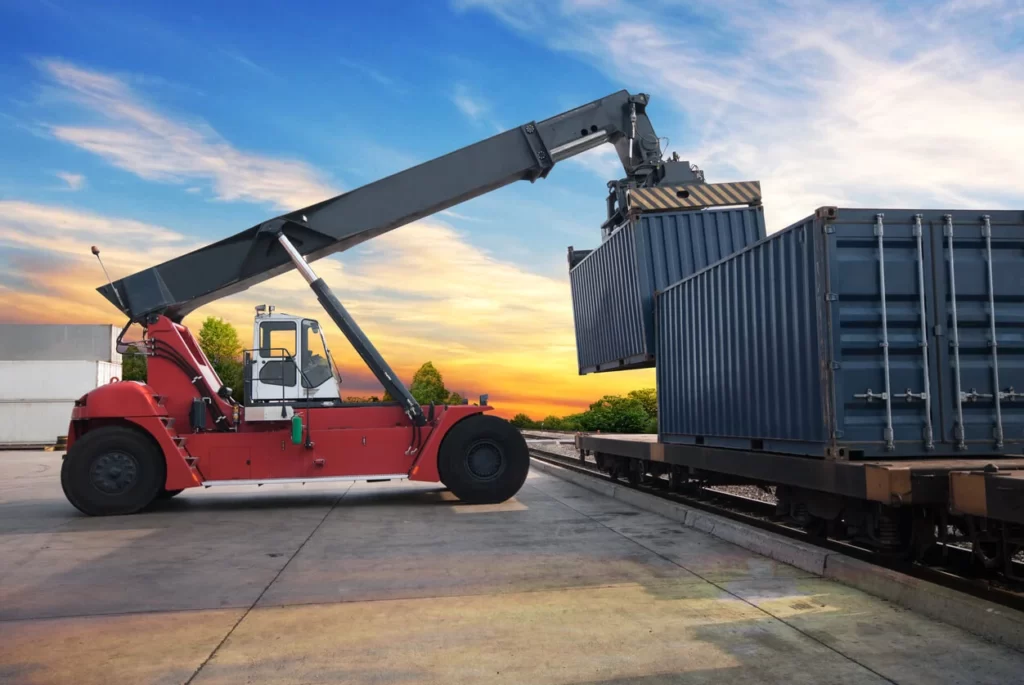
Bonus : Cover up to 100% of your investment!
Benefit financial help for new intermodal transport equipment, covering up to 100% of your investment costs.
Eligible equipment :
- Intermodal Transport Units : Semi-trailers/Swap bodies for rail/road or river/road,
- Rail motorwaywagons.
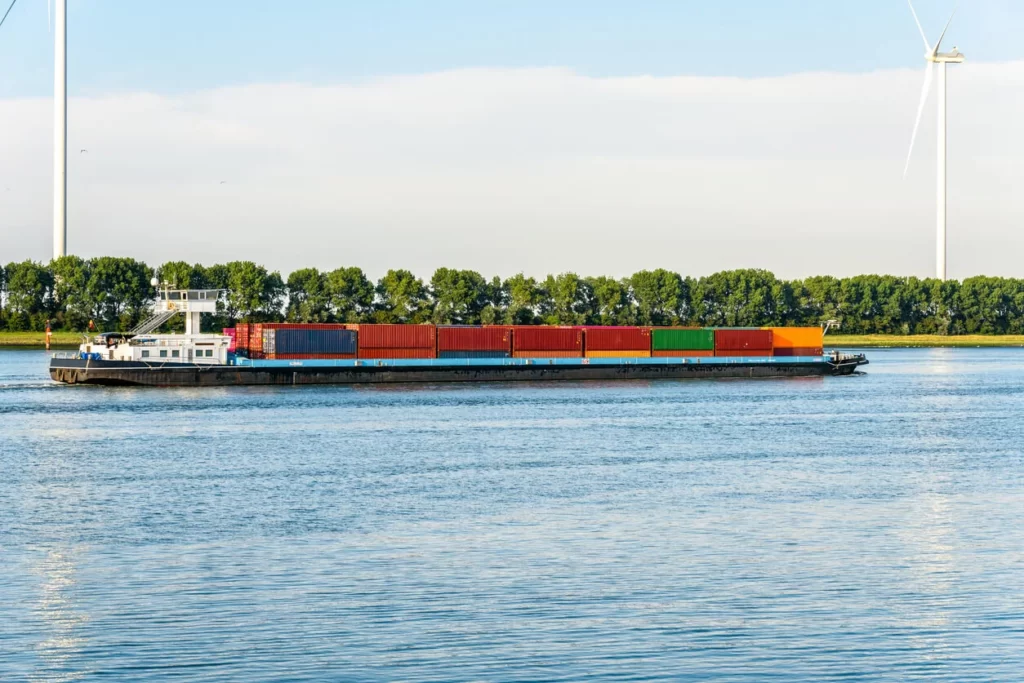
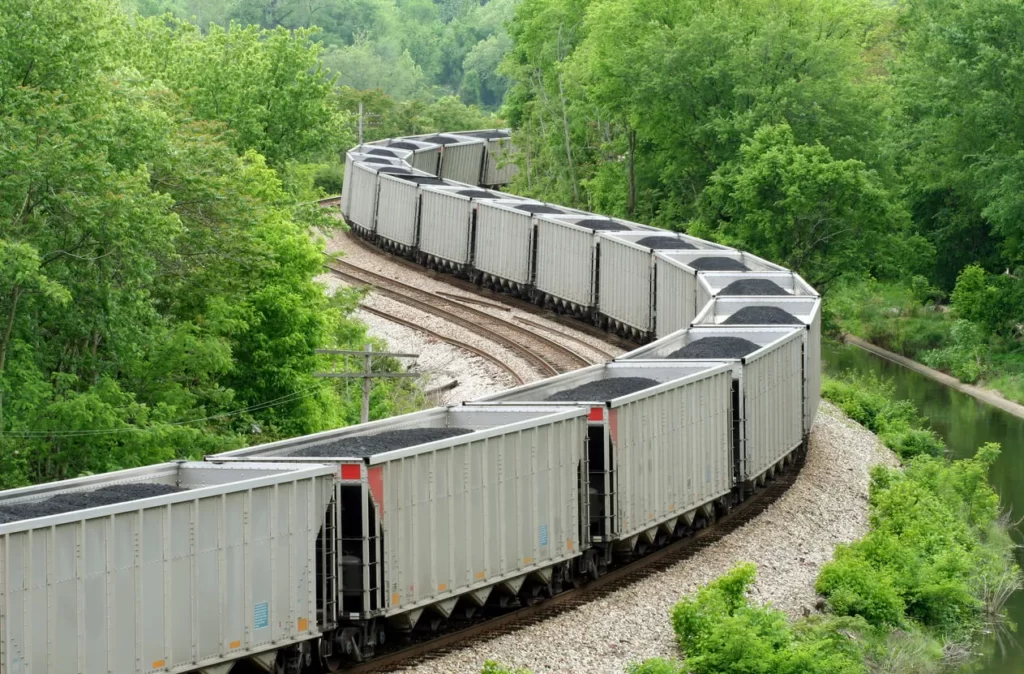
Get support from Soberway Energy to obtain your bonus
We put our expertise at your service to simplify and optimise the financing of your intermodal transport equipment :
We take charge of your entire file to guarantee that your financial help is approved such as checking the eligibility of your project, to preparing your funding request and ensuring that your documents are in order.
Project Study
Our experts study and validate your project’s eligibility for funding, provide the necessary recommendations and ensure that all regulatory requirements are respected.
We make a precise evaluation of the energy savings achievable and calculate the potential amount of your financial help..
Financing your equipment
Take advantage of our financing solutions, which can cover up to 100% of the cost of your investment in eligible equipment.
Thanks to our years of experience in the energy saving certificate mechanism, we have put in place a reliable process with stakeholders in the scheme and partners selected for their financial solidity, so you can be sure of receiving your financial help.
Preparing your file
We collect all the documents you need to put together a complete file.
We process and check each document to validate the energy savings and ensure compliance with regulatory requirements.
We follow up with you on a regular basis and establish checkpoints throughout the process.
Reduce your carbon footprint and get financial help as a reward !
You are a transporter, a transport operator and already use intermodal transport to France, or you would like to develop this activity? Rely on Soberway Energy to help you finance your equipment fleet!
FAQ
The amount of financial help is calculated on the basis of the flat-rate amount in kilowatt hours ‘cumac’ allocated in the operation sheet, and multiplying it by the volume of energy savings generated by the trips.
An operation sheet also defines all the eligibility criteria to be respected in order to validate the request for financial help.
This fixed amount in kilowatt hours ‘cumac’ has been determined by the competent authorities on the basis of the average energy saving achieved (between a reference situation and the solution chosen over the lifetime of the equipment).
In the case of intermodal transport, there are 3 operation sheets:
– Intermodal transport units for combined rail/road transport
– Rail motorway wagon
– Intermodal transport units for combined river/road transport
The time it takes to receive your financial help may depend on a number of factors, such as whether your intermodal equipment is split between one or more traffic flows, the delay between delivery of your equipment and the start of the trips, and the volume of traffic statements that need to be collected and controlled to validate the amount of energy savings generated by the trips.
The reactivity of the company responsible for managing your file is also a factor to be taken into account.
The financial help is paid out several months after your investment has been made, because according to the rules of the ESC scheme for intermodal transport, it is possible to measure the energy savings generated by trips over a maximum period of 6 consecutive months.
It is therefore necessary to wait until the equipment has been travelling for 6 consecutive months in order to maximise the volume of savings generated, which will be taken into account when calculating your financial help.
The ‘cumac’ kilowatt hour is the unit of measurement used in the Energy Savings Certificates (ESC) scheme and for all eligible sectors of activity.
The flat-rate amount in ‘cumac’ kilowatt hours corresponds to the average energy saving obtained between a reference situation and a selected solution, over the lifetime of the equipment in question.
For example, in the case of swap bodies/semi-trailers for rail/road and eligible for financial help, the cumac kWh flat rate was calculated taking into account :
- The following reference situation : a comparison of the energy balances for transporting the same average quantity of goods between end-to-end road transport and combined road/rail transport.
- The average lifetime of an intermodal transport unit for road/rail.
The term cumac is a contraction of :
- Cumulative = for the cumulative energy savings made over the lifetime of a piece of equipment.
- Discounted = to take into account a discount rate of 4% per year and to therefore adjust the value of future energy savings.
For companies based outside France, financial help under the mecanism is restricted to the acquisition of intermodal transport equipment.
Other operations eligible for financial help in the transport sector are only accessible to transport companies domiciled in France. French companies can, for example, benefit from financial help for :
– the purchase of optimised freight transport vehicles and their on-board telematics systems,
– the installation of start and stop systems for locomotives,
– the setting up of a rail freight service between a loader and a transporter,
– the conversion of combustion-powered river fleets by installing hybrid or electric engines, and many other operations.


